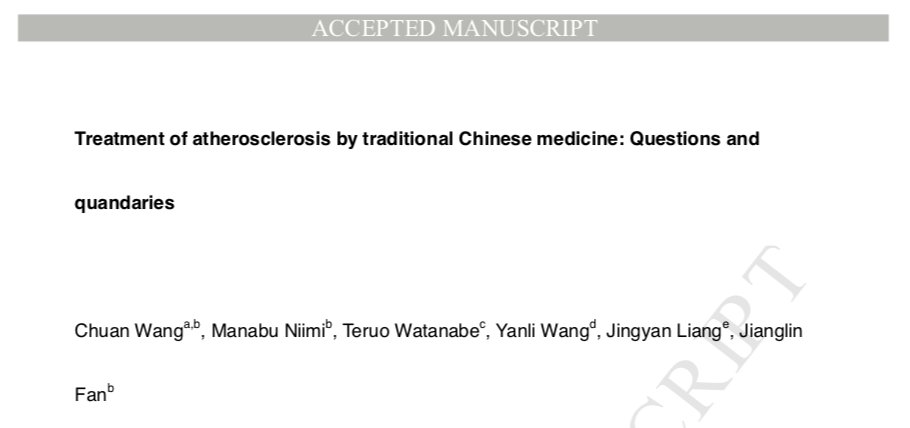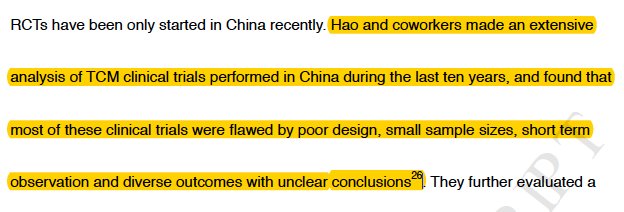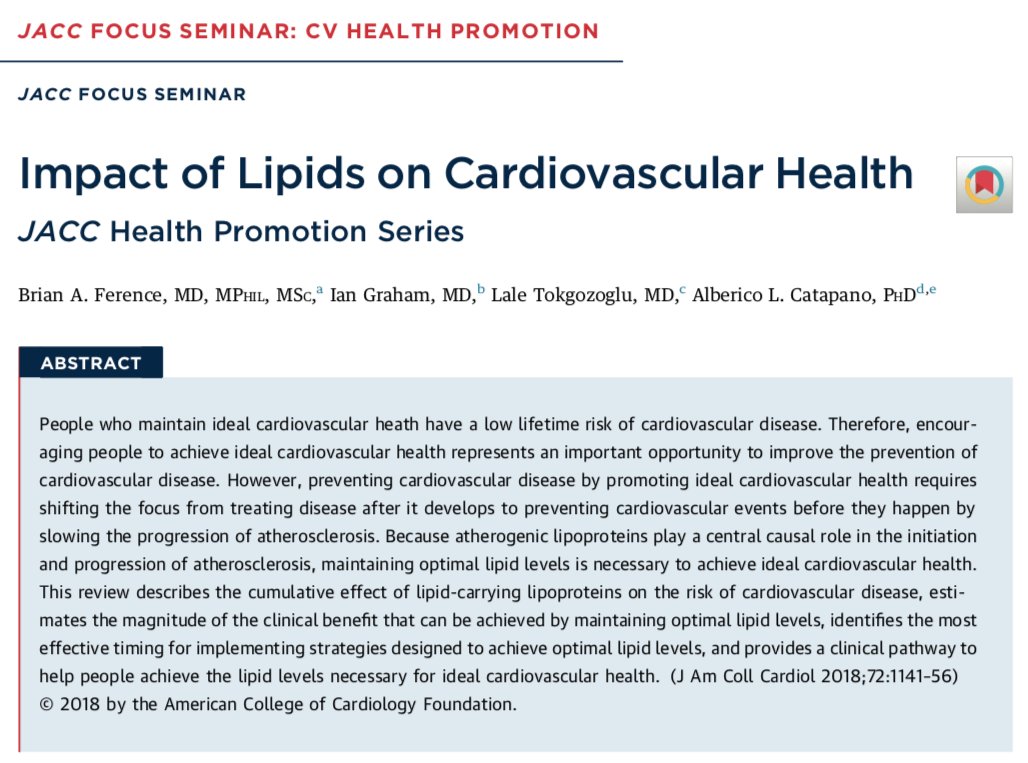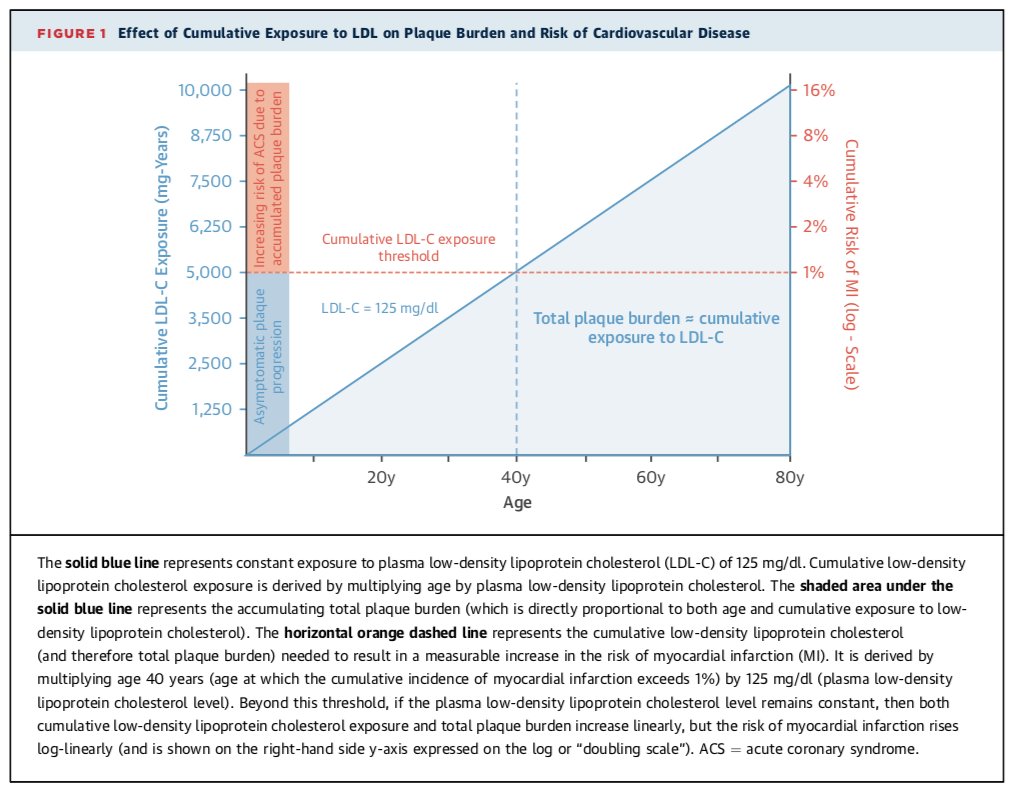Thread alert! Atherosclerosis (official journal of @society_eas) publishes a #review on #TraditionalChineseMedicine (#TCM). It's simultaneously a bit frightening and hilarious (1/16)
atherosclerosis-journal.com/article/S0021-…
atherosclerosis-journal.com/article/S0021-…

First of all, TCM is BS. It may have been useful thousands of years ago when nothing was known about science but nowadays we know better. Besides, "modern TCM" was pretty much invented by Chairman Mao in the 50's: slate.com/articles/healt… (2/16)
Look at this terrifying aim of the review! "WHAT IS NECESSARY FOR TCM TO SPREAD TO WESTERN SOCIETIES". Ideological bias, much? (3/16) 

Review has two chapters describing atherosclerosis by 1) "Western" and 2) TCM views. Already this is a false dichotomy - there's only one science that can describe atherosclerosis and it's not dependent on your compass. (4/16)
The "Western perspective" is mostly accurate. However, the eastern is a huge load of motivated reasoning attempting to make it sound like some ancient hypotheses are actually describing real things (5/16) 

But to be fair, the authors acknowledge that these are nonspecific, ill-defined subjective features and "Western" diagnostics is (luckily!) opted even by TCM practitioners. Unfortunately they've drank the "integrative" Kool Aid instead of stating we should pick the best (6/16) 

If many TCM hospitals are equipped with modern equipment and the authors state that traditional methods are inferior, why not just state that they shouldn't be used? What additional value do traditional methods provide? Nothing. That's what. (7/16)
The authors searched pubmed and a Chinese database for trials on traditional herbal treatments for athero. They summarise 10 human trials of which apparently only one had outcome data:
ajconline.org/article/S0002-…
(8/16)
ajconline.org/article/S0002-…
(8/16)
That was as study on red yeast extract, which is known to contain Monacolin K which is exactly the same molecule as lovastatin. In other words, that study was essentially a statin trial with some issues related to red yeast products:
ncbi.nlm.nih.gov/pubmed/28601545 (9/16)
ncbi.nlm.nih.gov/pubmed/28601545 (9/16)
On a positive note, the authors also acknowledge that unfortunately many features of modern biomedical sciences are new to China and therefore many trials are still of very low quality (10/16) 

Then there's a few pages of discussion on potential mechs of traditional herbs and surrogate outcomes (blood pressure, etc). Many of these studies are also subject to critical evaluation due to poor methodological quality. (11/16)
Then we get to the chilling yet simultaneously hilarious concluding chapter. First, "WE MUST SPREAD TCM TO WEST"....
(12/16)
(12/16)

...followed by "but we have some problems".
Yes, you certainly do and I'm glad you bring them up. Namely, THE problem is that TCM is BS.
With these, why would you want to spread this to West? (13/16)

Yes, you certainly do and I'm glad you bring them up. Namely, THE problem is that TCM is BS.
With these, why would you want to spread this to West? (13/16)


Luckily there's a positive note at the end demanding for a COI disclosure also for Chinese researchers. (14/16) 

Overall, this is a very strange review indeed. It's as if the authors are determined that we really MUST spread TCM to the west but we can't because in "western medicine" people want that pesky rigorous evidence. (15/16)
But instead of this demand for evidence leading to discarding the spreading agenda, the authors just conclude that more studies are needed.
This is a bit scary as to me it sounds almost like "we're going to get that positive evidence one way or another" (16/16)
This is a bit scary as to me it sounds almost like "we're going to get that positive evidence one way or another" (16/16)
• • •
Missing some Tweet in this thread? You can try to
force a refresh







